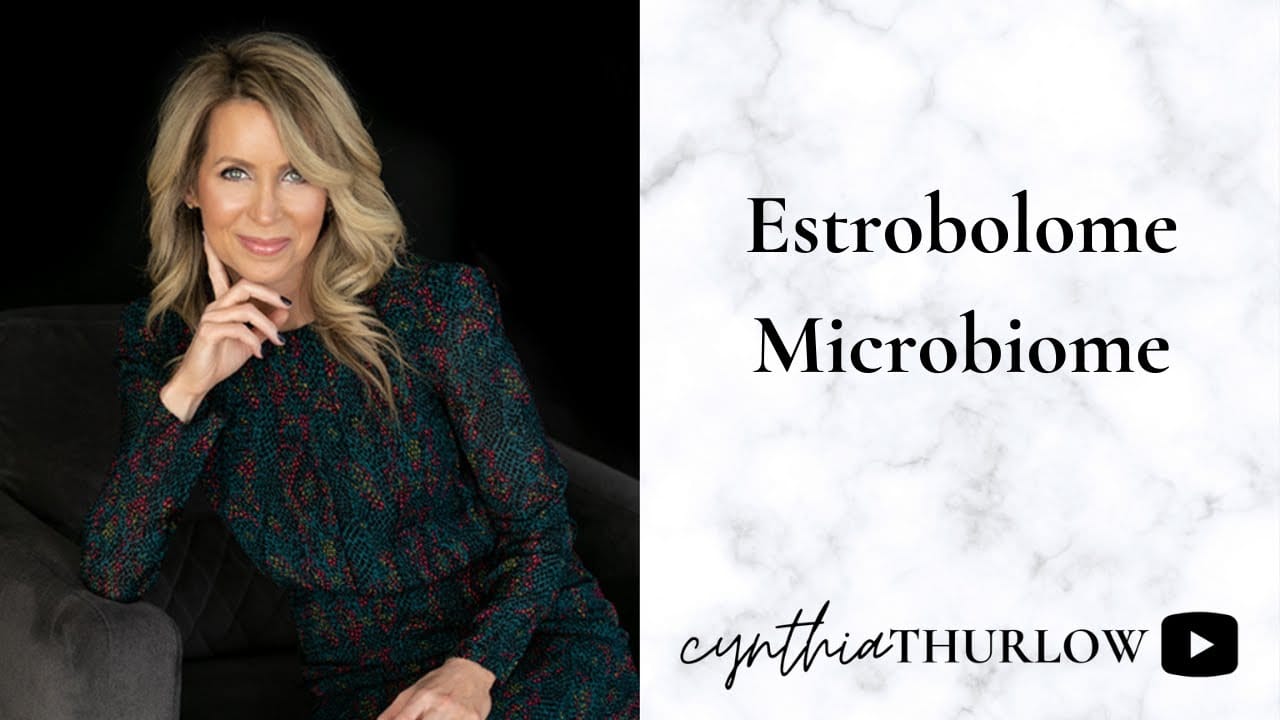Summary:
1. The Estrobolome Microbiome: An Introduction to a Hidden World Within Our Bodies
2. Estrogen Metabolism and the Role of the Estrobolome Microbiome
3. The Link between Estrobolome Dysbiosis and Metabolic Health
4. Strategies to Optimize Estrobolome Health and Promote Metabolic Wellness
5. The Future of Estrobolome Research: Unveiling the Potential of Gut Microbiota in Preventing Metabolic Disease
The Estrobolome Microbiome: An Introduction to a Hidden World Within Our Bodies
Imagine a universe, invisible to the naked eye, thriving within your body. A world where trillions of microorganisms coexist, interacting with each other and playing a crucial role in your overall health. Welcome to the captivating realm of the estrobolome microbiome.
You might be wondering, “What is the estrobolome microbiome?” Let’s dive into this great topic, unraveling its secrets and exploring its implications for metabolic health.
Estrogen Metabolism and the Role of the Estrobolome Microbiome
Estrogen, a hormone commonly associated with reproductive health in women, influences a wide range of physiological processes in both males and females. It plays a vital role in maintaining bone strength, cardiovascular health, and cognition. However, estrogen metabolism is a complex dance involving various pathways, and this is where the estrobolome microbiome comes into play.
The estrobolome is the collection of microorganisms, mainly bacteria, in the gut that influences estrogen metabolism. These microbes can modify estrogen by promoting its beneficial breakdown or producing harmful metabolites. Like a jury deciding estrogen’s fate, the estrobolome can influence overall health outcomes.
The Link Between Estrobolome Dysbiosis and Metabolic Health
Research suggests an imbalance or dysbiosis in the estrobolome microbiome can significantly affect metabolic health. Dysbiosis refers to an alteration in the composition or functionality of the microbiome, leading to an imbalance that may contribute to various health conditions.
Studies have shown that estrobolome dysbiosis is associated with obesity, insulin resistance, and certain cancers. For example, an unhealthy estrobolome can produce harmful metabolites that increase the risk of breast cancer development. Moreover, an imbalanced estrobolome can alter estrogen levels, affecting metabolic processes and potentially leading to weight gain and insulin resistance.
Strategies to Optimize Estrobolome Health and Promote Metabolic Wellness
Now that we understand the importance of estrobolome health let’s explore some strategies to optimize its functionality and support metabolic wellness:
1. Probiotics and Prebiotics: Incorporating probiotic-rich foods like yogurt, sauerkraut, and kimchi into your diet can introduce beneficial bacteria into your gut. Additionally, consuming prebiotic fibers in garlic, onions, and asparagus can nourish these bacteria, helping them thrive.
2. Balanced Diet: Adopting a diet rich in whole foods, such as fruits, vegetables, and whole grains, can promote a healthy gut microbiome. Avoiding excessive intake of processed foods, added sugars and unhealthy fats can help maintain a balanced estrobolome.
3. Physical Activity: Regular exercise benefits your overall health and positively influences gut microbiota. Engaging in aerobic exercises, strength training, or low-intensity activities like walking can stimulate a diverse and thriving estrobolome microbiome.
4. Stress Management: Chronic stress can disrupt the balance of gut bacteria. Incorporating stress-reducing techniques like meditation, deep breathing exercises, or engaging in hobbies can support a healthy estrobolome.
The Future of Estrobolome Research: Unveiling the Potential of Gut Microbiota in Preventing Metabolic Disease
As the microbiome research progresses, the estrobolome microbiome continues to unveil its mysteries. Scientists strive to understand the intricate relationship between the estrobolome and metabolic diseases, paving the path toward innovative interventions and therapies.
Emerging studies explore the potential of personalized nutrition, where an individual’s estrobolome composition influences dietary recommendations. Researchers aim to develop tailored dietary approaches to manage and prevent metabolic diseases by considering the unique interaction between gut microbiota and metabolism.
Furthermore, advancements in sequencing technologies and analytical techniques enable scientists to delve deeper into the estrobolome’s composition, function, and potential therapeutic targets. As we unlock this hidden universe’s secrets, a new frontier in medicine and personalized health approaches awaits.
In conclusion, the estrobolome microbiome is an intriguing facet of our body’s inner workings that holds great promise in understanding and managing metabolic health. By nurturing a diverse and balanced estrobolome through lifestyle choices like diet, exercise, and stress management, we can profoundly influence our overall well-being. So let’s embark on a journey of discovery, embracing the wonders of our estrobolome and maximizing our metabolic potential.
*****
Source Description
The estrobolome is a collection of gut bacteria capable of metabolizing and modulating the body’s circulating estrogen.
This video will discuss the estrobolome microbiome and its role in the body.
We will talk about the 3 different types of estrogen, where they are located, the interrelationship of estrogen and the gut microbiome, and xenoestrogens, which mimic estrogens in the body and disrupt a healthy body communication system.
#womenshormones #Estrogen #balance #balancinghormones #Estrobolome #microbiome #CynthiaThurlow #womenshealth #wellness #IF #intermittentfasting #fastingforwomen #bioindividuality #health
For more information, please visit me here: https://cynthiathurlow.com/
This video is for educational and informational purposes and is solely a self-help tool. I am not providing medical, psychological, or nutrition therapy advice. You should not use this information to diagnose or treat health problems or illnesses without consulting your medical practitioner. Always seek the advice of your medical practitioner and mental health provider about your specific health situation.


